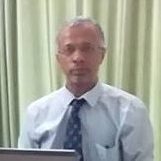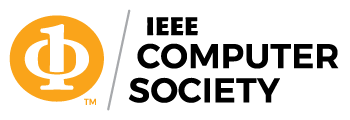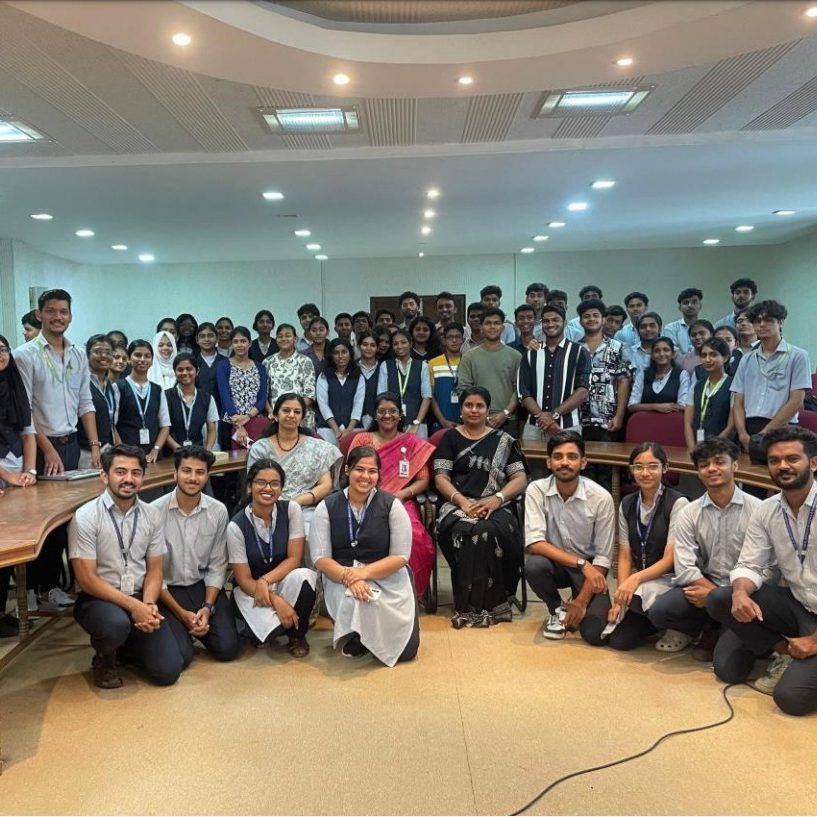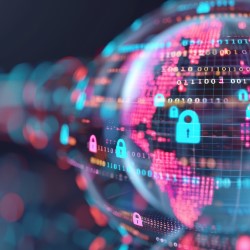Dr. CRS Kumar (Suthikshn Channarayapatna) is currently Professor in the Computer Science and Engineering Department, Defence Institute of Advanced Technology(DIAT), DRDO, Ministry of Defence. He has received PhD, M.Tech., MBA and B.E. degrees from reputed Universities/Institutes. His areas of interest are in Cyber Security, Virtual Reality/Augmented Reality, Fault Tolerant Computing and Game Theory. He is a Fellow of IETE, Fellow of Institution of Engineers, Senior Member of IEEE, Chartered Engineer(Institution of Engineers) and Distinguished Visitor Program(DVP) Speaker of IEEE Computer Society, Lean Six Sigma Green Belt.
Dr. Kumar brings with him rich industry, research and academic experience. Dr. Kumar has worked in leading MNCs such as Philips, Infineon, L&T Infotech in senior positions. He is recipient of several awards including “Best Individual for Creating Cyber Security Awareness” at CSI-IT2020 Annual Technology Conference 2017, held at IIT Mumbai and “Microsoft Innovative Educator Expert (MIEExpert) Project Showcase Award” at Microsoft Edu Days. Dr Kumar has received the Mini-MBA for Engineers and Technology Managers from Rutgers Business School Executive Program.
Defence Institute of Advanced Technology(DIAT), DRDO, Ministry of Defence
Phone: 9886741228
Email: suthikshnkumar@diat.ac.in
DVP term expires December 2021
Presentations
Introduction to IEEE SWEBOK
IEEE SWEBOK (Software Engineering Body of Knowledge) is a standard description of 15 key areas that is sum of all the Knowledge of Software Engineering. We observe that Software Factories which produce software are obsolete and now there is a paradigm shift towards software engineering for quality software development. As the Software Industry is central to the critical systems development today, it is imperative to standardize the knowledge that is imparted in the domain of software engineering. The SWEBOK identifies what forms the core of software engineering. While, in an Undergraduate/Postgraduate course, the contents of software engineering are dealt with in classroom, software engineering body of knowledge (SWEBOK) benefits the students in having a professional approach while entering the software industry. Software engineers must be knowledgeable in SWEBOK. This is the goal of this course in introducing the SWEBOK.
Ransomware: Emerging Threats to Cyber Security
Ransomware is the new malware which has fascinated public with innovative forms of attacks. Ransomware not only attacks systems and makes them inaccessible, it also demands certain ransom payments from the victims. There are numerous instances of Ransomware such as Cryptolocker, Reveton, CryptoWall, Fusob etc. Ransomware may be broadly classified as Encrypting, Non-Encrypting, Leakware and Mobile. Most prominent ransomware such as Cryptolocker, uses public key cryptography to encrypt the infected machine’s data. For decrypting the files, the ransomware may demand money/crypto-currency from the victim. In this presentation, after giving an overview of ransomware attacks with case studies, we discuss new development in attacks and countermeasures in detail. We explore the emerging threats and new challenges from Ransomware.
Key words: Malware, Computer Worms and viruses, Ransonware, Public Key Cryptography, Encryption, Private Key
Software Fault Tolerance
Fault Tolerant Systems are commonplace nowadays as the availability and reliability are becoming very important. In the computing domain, fault tolerance is achieved through Hardware, Software, Network and storage fault tolerance techniques. This talk discusses Software Fault Tolerance techniques with examples and illustrations. The Software Fault Tolerance techniques such as wrappers, exception handlers, software Rejuvenation, N-Version programming etc. utilize the Fault tolerance principles such as Redundancy, Diversity and Recovery. The presentation details the history, background and developments in the field of Software Fault Tolerance.









